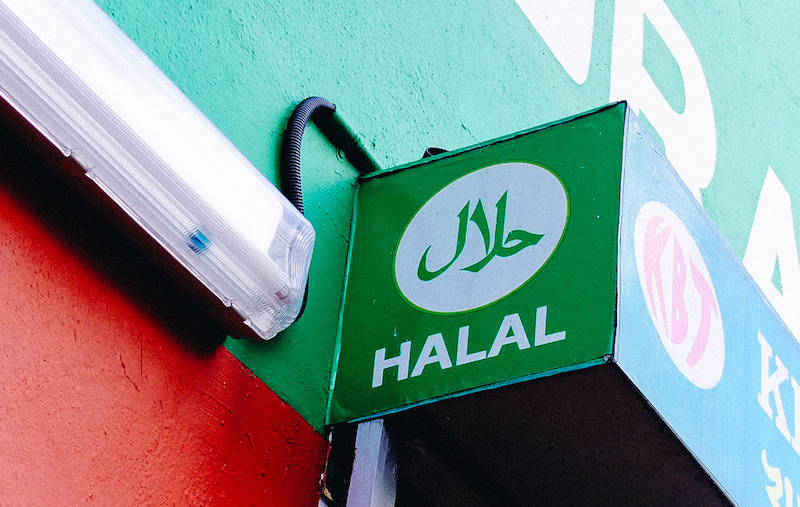This past weekend saw the annual big-ass Ramadan bazaars kick off across the country — and the biggest, most (over)hyped one is, of course, none other than the Geylang Serai Bazaar 2017.
In the mad rush to set up its biggest iteration yet (with about 1,000 stalls), the bazaar saw folks starting to question if quality control might be a little lax. In particular, quality control about the halal authenticity of each F&B vendor — after all, it is a bazaar meant for the Muslim holy month of Ramadan.
Alas, things aren’t as they seem. Two halal food blogs took it upon themselves to walk the entire Geylang Serai Bazaar during the weekend, and they found that nearly half the stalls weren’t certified or verified as halal — nor were they Muslim-owned — aka permissible for Muslims. They even compiled a list of halal-certified vendors, and — surprise, surprise — most of the stalls hawking hyped-up Instagram-worthy foods didn’t make it to the list.
The list was prompted by an investigation launched by the Islamic Religious Council of Singapore (MUIS) into a viral social media post that suspected an allegedly non-halal stall selling deng deng (halal dried meat jerkies) was trying to pass off as halal. Perhaps as proof of how vital the blogs’ findings were, their sites crashed from the surge of traffic after they published the list.
While it’s important to note that what’s halal and haram varies among Muslims — some may be stricter or more finicky about the finer details of ingredients than others — what everyone is agreeing with right now is the irony of seeing questionable halal status in a bazaar that’s historically for and by a Muslim population, in a historically Malay-Muslim quarter of Singapore.
Editor’s note: The story was edited to reflect the fact that the blogs found that nearly half the stalls were not halal-certified or Muslim-owned.




